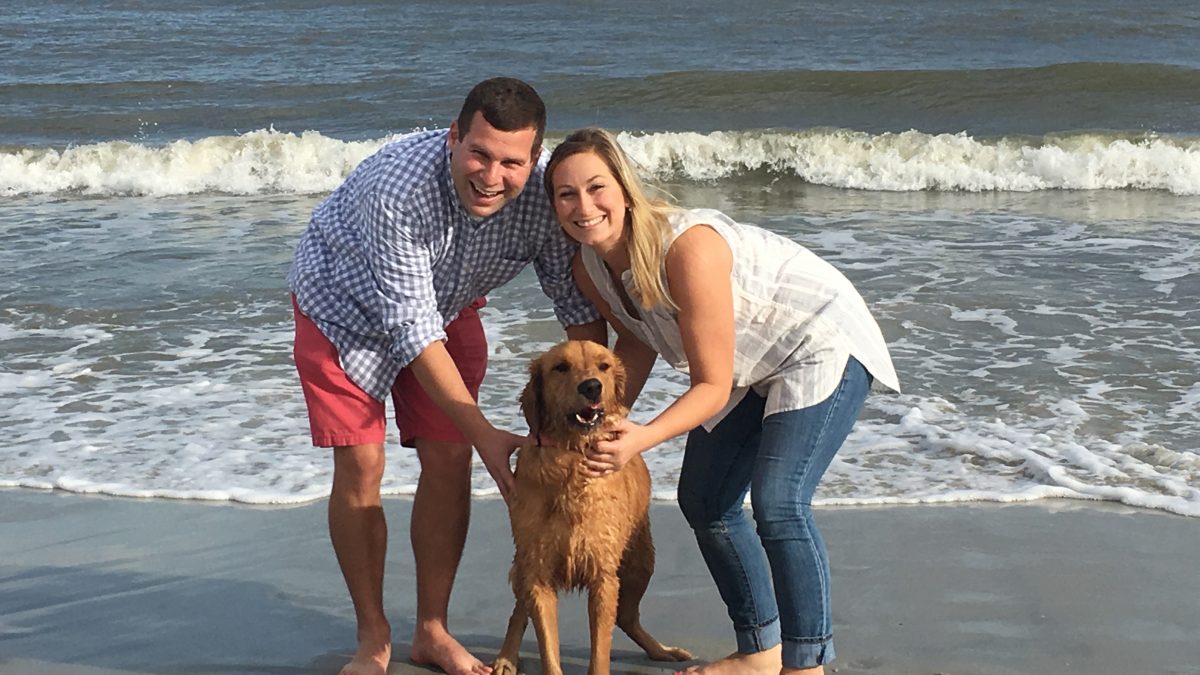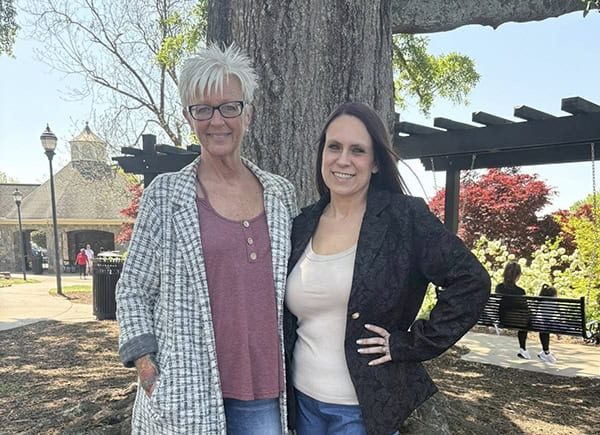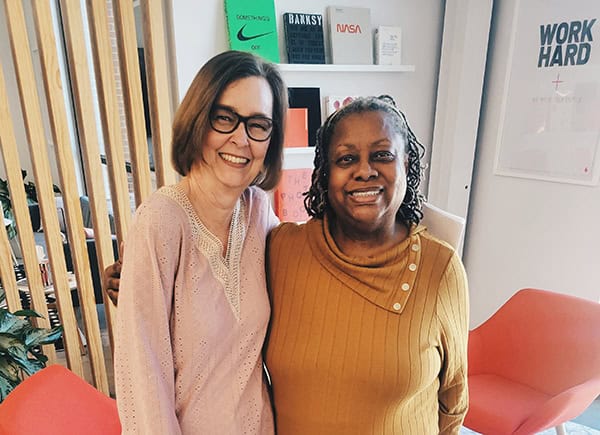
My mom always told my sister and I that we were her dream job; she always dreamed of being a mom. From a young age she knew that having a family was her top priority. I didn’t ever feel that strong urge to be a mom. I liked babysitting as a way to earn money in high school. I volunteered with youth at local schools and enjoyed playing with children in orphanages in Mexico while I was in college. But, I never dreamed of becoming a mother. I haven’t felt the urge for biological children yet – despite my mother’s new dream of being a grandmother.

Foster parenting wasn’t something we stepped into lightly. Honestly, like a lot of people, I was ignorant to what foster care really was for most of my life. Once I saw the need in our community, I didn’t know how we could take on foster parenting if we didn’t know anything about parenting. But there is a need for foster parents that don’t have biological kids yet!
A few years in, foster parenting is one of the greatest joys of my life. It is really hard some days, but still in the hard it also gives me so much hope. It has taught me so much about the world and about myself. It has shown me so much about life- and how truly lucky I am to have grown up the way I did. It has proved to me one hundred times over that I married the person that I want to go through life with forever. No questions asked, he is the better half of our couple. We had some steep learning curves and still nothing feels predictable, but we learned that fostering didn’t require a long parenting resume in advance.

You can be a successful foster parent – or couple – without having parented before. You will have a lot to learn no matter how much parental experience you have. So if you’re considering foster care but worry about your qualifications as a parent, jump in! Gather your community, find your village, and just get started.
Here are my 5 suggestions for fostering if you’ve never parented before:
1 Take a Parenting Class
We took a free parenting class at a local hospital. I had to search hard to find one nearby, but I am so glad we went. In the end, it wasn’t just the technical skills I learned in that class that served me well, it was the release of anxiety about not knowing anything. The class was mostly for pregnant couples who were preparing to give birth in the hospital (some just days later.) They taught us how to give a baby a bath, how to swaddle, and hold a bottle the right way. Not everything was relevant – I wouldn’t be breastfeeding or dealing with physical postpartum challenges. While I didn’t get all my questions answered, it gave me the confidence that I could handle caring for a young child – or at least that I would be able to learn as I went. It also gave me a list of things to Google so that I would be more prepared.
Search “parenting classes near me” and you should be able to find the calendar at your local hospital or other resource centers.
2. Read the Instructions
The first time I made a bottle with formula I was so stressed out about getting the crying baby fed that I didn’t actually read the instructions. I didn’t mix the right amount of formula with water and unsurprisingly the baby was still hungry when they finished the entire bottle. A friend quickly solved my problem by reading the instructions for me. I was so grateful for her help, and so was the baby who immediately became much less fussy. Since then, I’ve learned to slow down and read the instructions. There isn’t much that can’t be fixed by asking Alexa, or Siri, or Google. Most problems can be solved by just asking for help – if not on the internet, by just calling my mom or other foster parents. This might be true for formula, car seat installations, building a crib, developmentally appropriate toys, etc.

3. Find Your Village
It takes a village, friends! It’s just so true. You cannot go this journey in isolation. You need other people – YOUR people. Your friends and family, co-workers, community will all play an important role in your success as a new foster parent. I have what I call my “home team.” These are the five people in my life that I know will celebrate with me and mourn with me. They don’t have to live next door (or even in the same state) and they don’t have to call you every day to check-in, but knowing they exist can make all the difference. I call each of them in for different crises. I call Michelle when I need a girls night out. I call Kim when the kids are driving me crazy and destroying the house. I call Karen when I need thoughtful, intentional, and encouraging advice about raising tiny humans. I call Terri when I just need someone to hear my struggles and understand that fostering is hard. And I call my mom. I call my mom when I just need to be the kid for a moment and have my mom say, “it’s all going to be okay.”
4. Learn Your Boundaries
I get caught up in the need to appear to be Wonder Woman. It is in my perfectionist personality to appear to be able to do-it-all, take it on, master every obstacle in my path. I am often known to take on more than I can actually handle and while I typically find a way, the way is unnecessarily exhausting. In fostering, I’ve learned what I can handle and what pushes me over the edge. I’ve had to learn (often with trial and error) how many kids we can effectively parent at one time, what behaviors I can learn to manage and what I know I’m not equipped to care for. I’ve had to learn how to say no and then actually say it. It’s important to be honest about your boundaries- with yourself and with others.

You might check out Henry Cloud’s “Boundaries” or “Boundaries in Marriage” to further explore.
5. Get Connected
My biggest encouragement for people that are fostering without biological children is to get connected. Find other foster parents that are walking the same road as you. They don’t have to be exactly like you- in fact, it’s often better when they are not. Find new foster parents and veterans, foster parents with biological kids and without, foster parents who attend your place of worship and who attend other places of worship or don’t attend at all. You can get connected through SHAREfostering, Care2Foster’s private community on Facebook, or through your local Foster Parent Association. Join a support group or a parenting group in your area- you can often find virtual groups or in person groups with a quick internet search. You don’t have to do this alone! It’s way more fun with people who are walking and learning alongside you – who can laugh with you and cry with you and understand that foster care doesn’t always make sense.
So if you are interested in foster care, but don’t know if you qualify because you don’t have extensive parenting experience, you can do it! You’re invited! You’re enough just as you are! You can be a successful foster parent without having parented before.
Want to ease into foster parenting? Consider offering babysitting or respite care.Want to learn more about becoming a foster parent? Contact us at [email protected].
Want to get connected to a community of SC foster parents? Join us at SHAREfostering.



